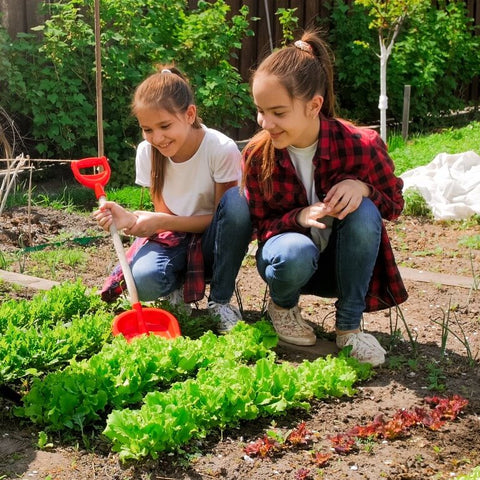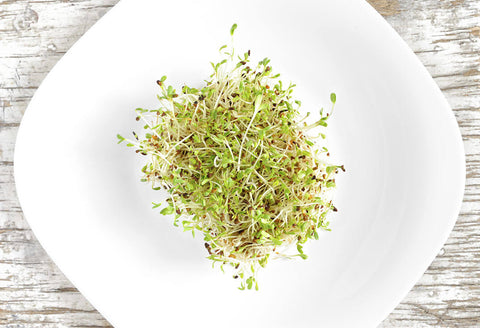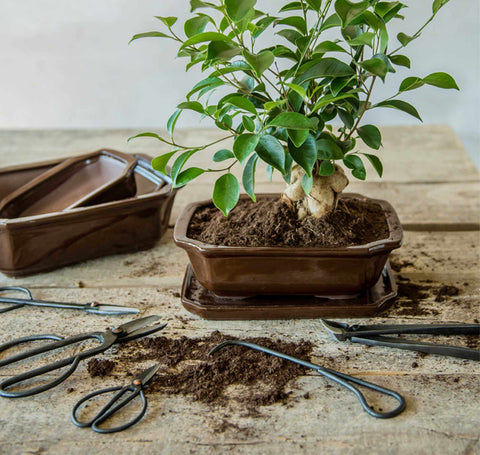Gardening is the art and science of growing plants. Not only does it provide fresh fruits, vegetables, and beautiful flowers, it also offers therapeutic benefits, reducing stress and improving the quality of life. If you're new to gardening, here are some key tips to help you get started.
🌿 Determine your location
The first step in gardening is choosing the right location. Plants need sunlight to thrive, so find a spot that gets at least 6-8 hours of sunlight a day. If you don't have a lot of space, consider container gardening or vertical gardening.
🌿 Study your land
Soil is the foundation of any successful garden. Taking a soil sample for analysis can help you find out what nutrients your soil is lacking. Depending on the results, you can add compost or other amendments to improve the quality of your soil.
🌿 Choose the right plants
Some plants are more difficult to grow than others. As a beginner, you may want to start with plants that are more hardy and less demanding. Local garden centers often carry plants that are suitable for your climate zone.
🌿 Watering
Proper watering is essential for the health of your plants. Too much water can cause root rot, while too little water can dry out your plants. As a general rule, it's better to water less often but more than often but less.
🌿 Care and maintenance
In addition to regular watering, your plants may need additional care, such as pruning, thinning, or fertilizing. Regularly inspecting your plants will help you spot potential problems, such as pests or diseases, before they become serious.
🌿 Know your pests and diseases
Pests and diseases can be a major threat to your garden. Learn about the most common pests and diseases in your area and learn how to control them naturally without using harmful chemicals.
🌿 Patience is the key
Gardening is a learning process. You will make mistakes, but don't be discouraged. Every season brings new lessons. Be patient with yourself and your plants.
🌿 Join the community
There are many resources available to beginners, including books, workshops, garden clubs, and online forums. Getting involved in a gardening community can provide you with support and valuable information.

What children get from gardening
Gardening, the ancient art of growing plants, provides more than just fresh vegetables and beautiful flowers. When children engage in this activity, they gain many skills, knowledge, and experiences that are invaluable to their overall development.
Here's what children can gain from gardening:
🌿 Understanding nature and science
Through gardening, children learn firsthand about plant life cycles, ecology, and biodiversity. How a seed becomes a plant, how flowers are pollinated, and how plants respond to different environmental conditions are just some of the science lessons that gardening offers.
🌿 Physical skills
Digging, sowing, watering and caring for plants help develop motor skills. Children also gain a sense of coordination and balance while working in the garden.
🌿 Responsibility
Plants require regular care. Through gardening, children learn about responsibility towards other living things, understanding that their care is essential for the growth and well-being of plants.
🌿 Patience and reward
In today's world of instant gratification, gardening teaches children the value of patience. Waiting for a plant to grow and bear fruit can be time-consuming, but when the effort pays off, the sense of accomplishment is incomparable.
🌿 Healthy eating
Children who garden are often more likely to try and eat vegetables they have grown themselves. This can encourage healthy eating habits that last a lifetime.
🌿 Emotional well-being
Being outdoors and working with plants has been shown to reduce stress and anxiety. Children who garden often develop a positive attitude towards themselves and their environment.
🌿 Social skills
Gardening can be a social activity. Children learn to cooperate, share resources, and work as a team when they garden with family or friends.
🌿 Math skills
Determining the amount of seeds to plant, measuring the distance between plants, and calculating the amount of water needed for watering are opportunities for practical application of mathematical skills.
🌿 Creativity
Designing a garden, choosing colors and shapes, and combining different plants provides an opportunity for creative expression.
🌿 Connection with nature
In the digital age, gardening can be a bridge between children and the natural world, providing them with a sense of connection and understanding of the importance of preserving the environment.
🌿 Environmental awareness
Children who garden become more aware of the importance of conserving natural resources, recycling and composting, and sustainable practices.
🌿 Problematic thinking
Faced with challenges such as pests, adverse weather conditions, or plant diseases, children learn how to look for solutions and think innovatively about problems.
Gardening is much more than a hobby ; it is an educational platform that offers rich lessons for life. Through gardening, children acquire a wide range of skills and knowledge that enrich them as people. It doesn't matter if you have a large garden or just a few pots on your balcony; providing your child with the opportunity to get involved in gardening is an investment in their future.



